5 lessons we learned in 2016: Historic wins, kooky trends, and quick fixes
Conventional wisdom didn't apply in 2016. Oddsmakers looked foolish, spending reached astronomical levels, and tactics took on a whole new look. Across European football in particular, the rise of the underdog gave credence to the theory that money doesn't buy championships.
Meanwhile, players the world over took part in an ever-increasing gluttony of matches. Footballers can now expect to play around 50 games in a calendar year, including the growing number of dreadful international fixtures.
With all that in mind, here's a look back at things we learned during 2016:
The back three is effective
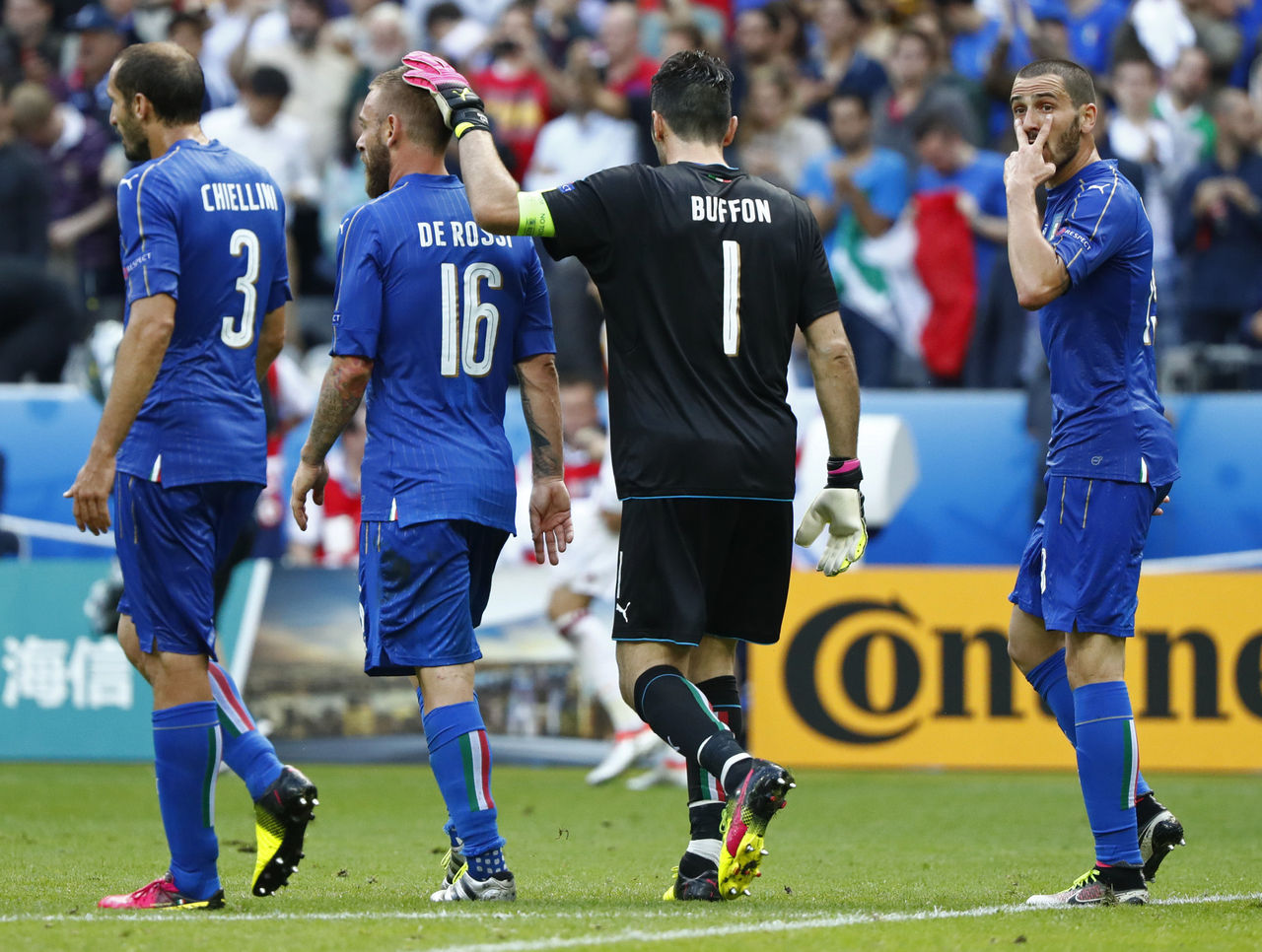
If imitation is the grandest form of flattery, consider Antonio Conte flattered.
Several clubs and national teams have adopted a variation of the back three that Conte used during Italy's unexpected run to the quarter-finals of Euro 2016. Even Germany's Joachim Low paid his counterpart the ultimate compliment, deploying three centre-backs in an enthralling match that was decided by Italy's horrendous spot-kicks.
Chris Coleman did the same as Wales reached a historic semi-final. Fielding a trio of defenders meant Coleman could put together a robust midfield five, and yet still give Gareth Bale a free-roaming role.
It's now a familiar sight in the Premier League, and not for purely defensive reasons. Conte's switch to 3-4-3 gave Chelsea the platform to win a club-record 12 consecutive matches. David Luiz is the quarterback of that defence, jumping into midfield to make interceptions and launch attacks. Cesar Azpilicueta has the positional awareness to provide great coverage, and Victor Moses has earned a second chance as a right winger.
If nothing else, playing with a trio liberates other positions and stretches the width of a team. It gives managers like Conte the ability to use wing-backs who can bomb forward without worrying about defensive duties. Teams end up playing more attacking football as a result - and that's what people want to see.
Defending is a dying trade
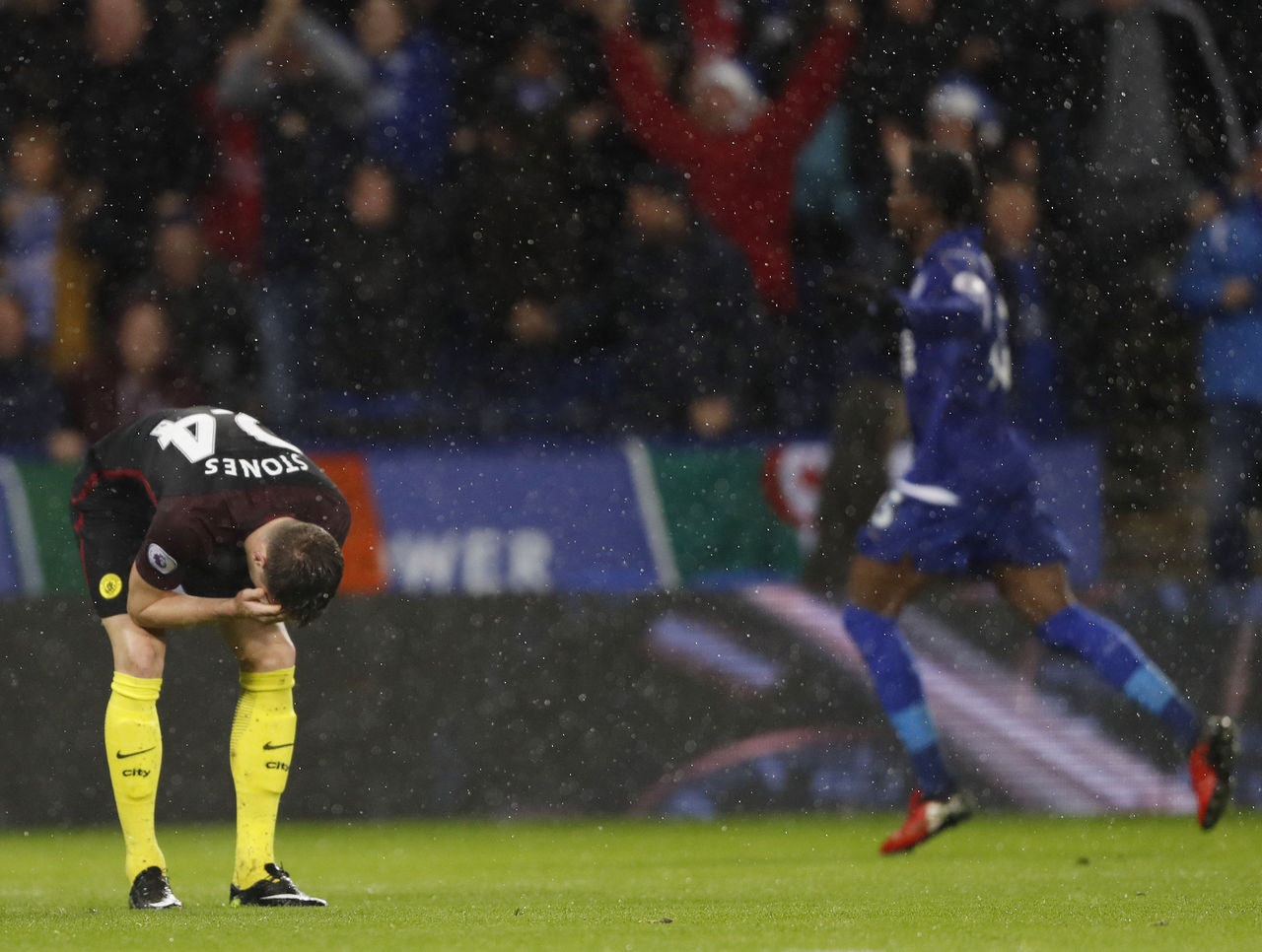
It's an oxymoron, but all true: While the back three is thriving, defending in its truest form is dying.
Centre-backs are now asked to do much more than keep the ball out of the net. The likes of Pep Guardiola and Jurgen Klopp ask their teams to maintain a high press, which requires defenders to take part in midfield play and recycle possession.
Clearing balls away to safety, making timely tackles, and keeping the right position have all become secondary.
Guardiola's admission that he doesn't train tackles may have surprised Manchester City supporters, but it makes sense considering his philosophy is about retaining the ball, not necessarily taking it away. Possession-based football negates the role of a rugged defender, and embraces one with a more skillful background.
There are very few, however, who can do what Guardiola craves. John Stones is a project in the making, and a promising one at that, but he's made several key mistakes that led to costly goals against. That's the price to pay in this tactical changeover.
The prevalence of zonal marking is equally to blame. Defenders often fail to track runs into the box and to pick up open men. Barcelona's been guilty of this many times this year, as has Arsenal.
International break is a nuisance
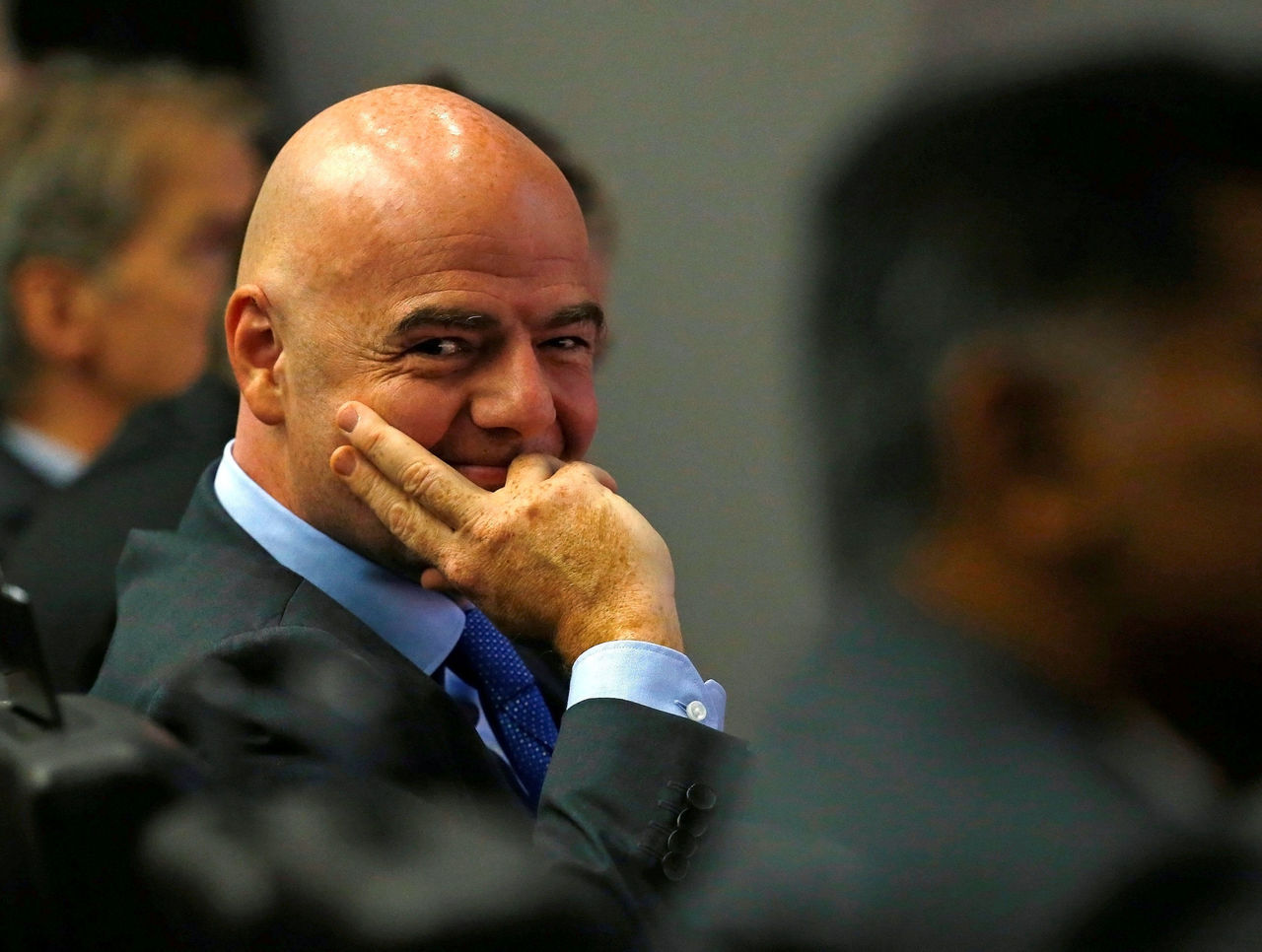
The international break is when football - for two weeks at at time - dies.
This year was particularly gruelling. National teams cradled both friendlies and qualifiers to sleep, as neither side showed any ambition to push forward.
Then you have the sacrificial lambs that offer no competition. England can only beat San Marino so many times before the entire proposition becomes moot, a run through the motions.
There's still good stories - Kosovo's long fight for UEFA and FIFA recognition ended in victory, and it won a point in its first competitive match in September - but the general consensus is there's not enough happening to keep fans stimulated.
South American qualifying is probably the one set of international fixtures that manages to excite, mostly because it's more like a roundabout domestic campaign, with fewer teams and familiar rivals.
Europe, with 55 member nations, is much more difficult to navigate. The notion of a 48-team World Cup would make qualifying even more of a tedious grind.
The Telegraph's Chris Bascombe has suggested a "tiered" qualification system, which could produce more competition and give the minnows a chance to actually win a match.
Continuity wins trophies
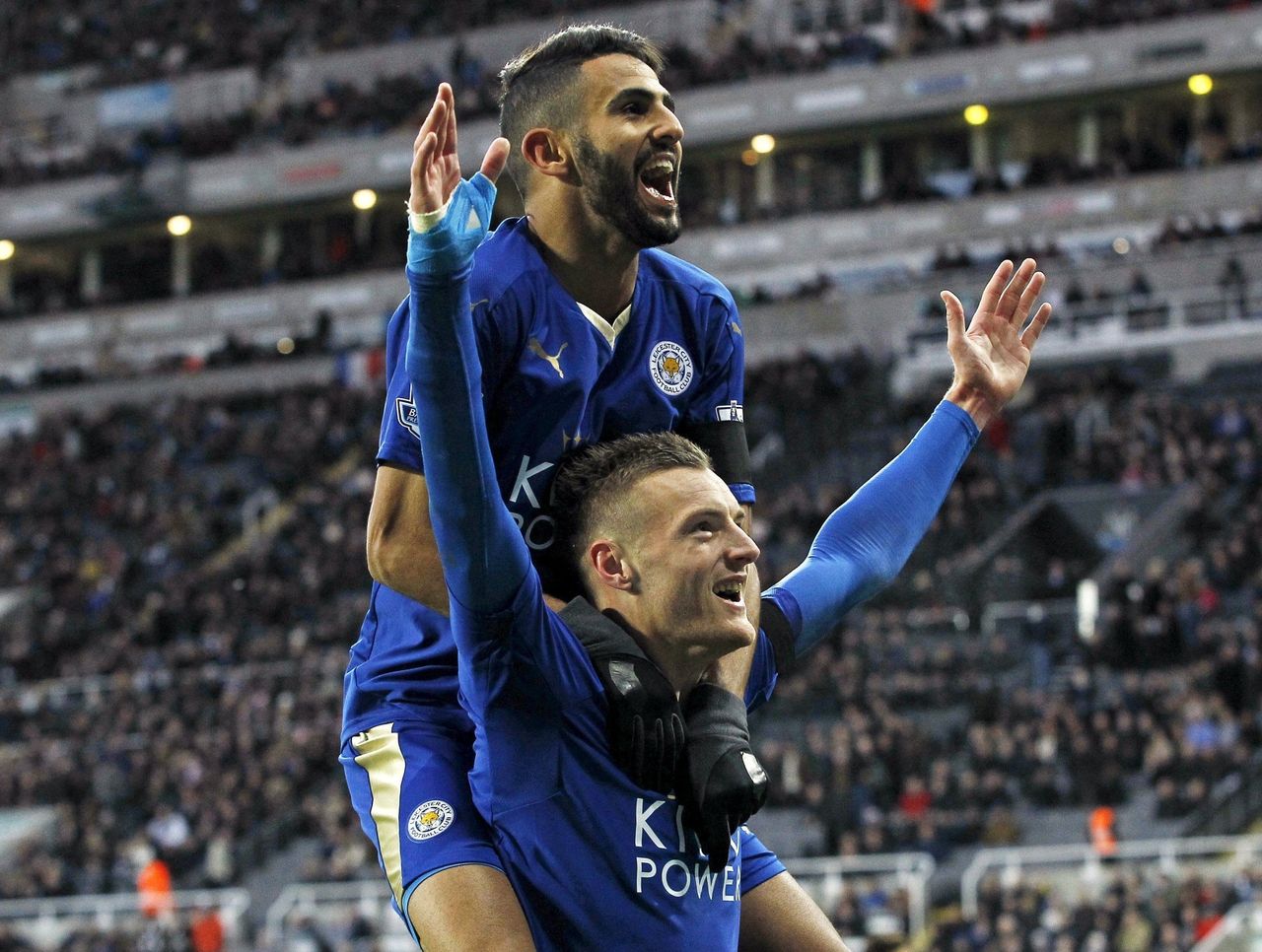
The answer to playing in multiple competitions is, invariably, squad rotation. Managers who don't switch out players or have depth on the bench come under increasing pressure.
It's a solution to overall fatigue, but it's also a deterrence. Just look at Guardiola's first few months in charge of Manchester City: He's used several formations and players, and it's yielded nothing but inconsistent results. The Spaniard's clearly in a period of transition, but the changes have disrupted any progress. It's hard to identify Guardiola's best 11 players.
Compare that to Leicester City's famous achievement in May, and there's a stark difference. Manager Claudio Ranieri used fewer players than any other Premier League team last season and regularly named the same starting XI. He didn't have to worry about the Champions League, true, but he managed to find players who fit his system and gave Leicester the best chance to win.
The same theme is developing across Europe. Part of AC Milan's revival is down to manager Vincenzo Montella's insistence on playing a 4-3-3 and filling it out with six or seven protagonists. For so long, Milan lacked an identity, changing managers and personnel with alarming abandon. Now that it's pinned down a way of playing and a solid core, it's succeeding.
Nothing is predictable
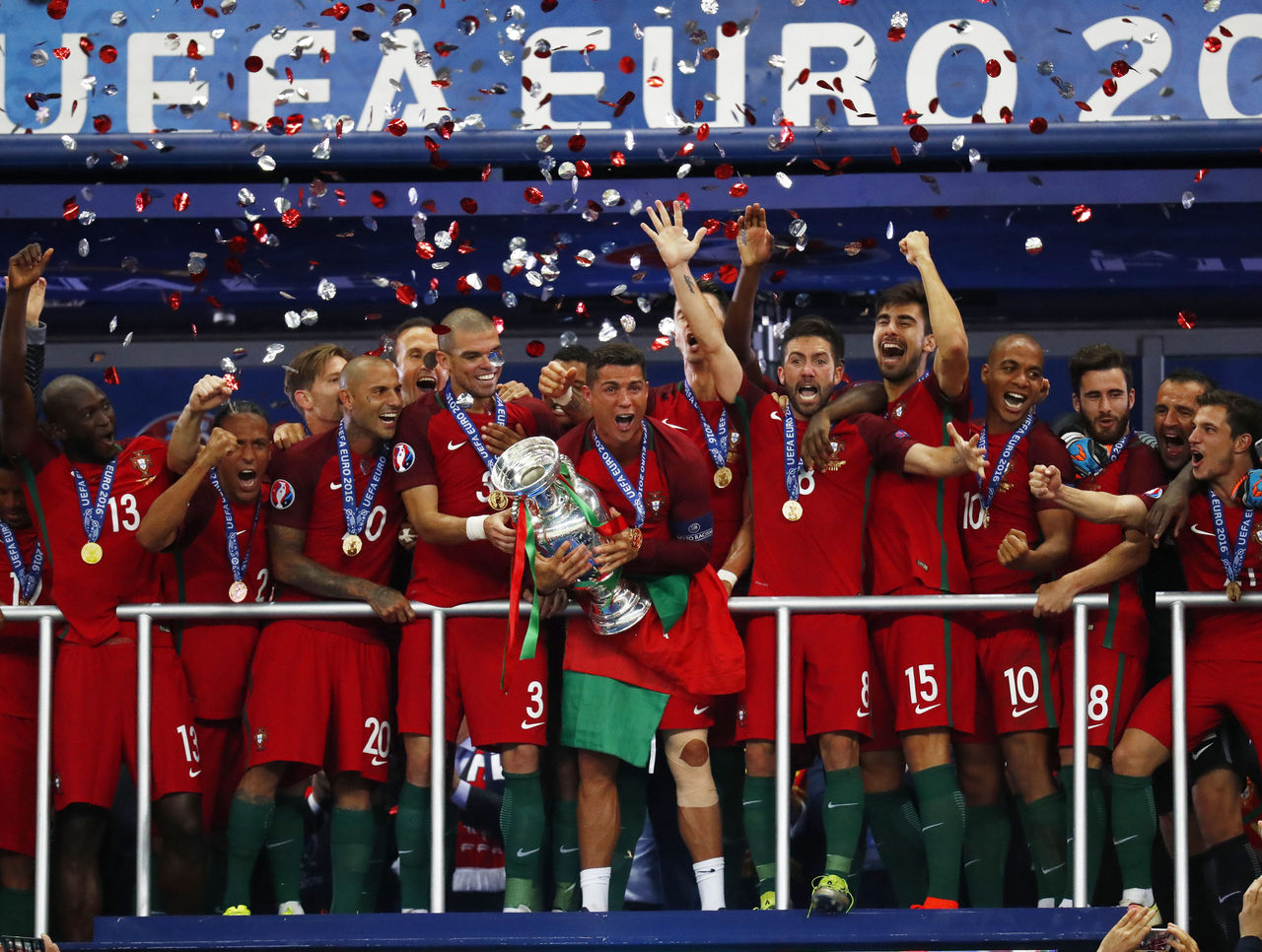
We all know Leicester beat 5,000-1 odds to win the Premier League. We know Portugal defied years of underachievement to win a first major title at Euro 2016 - without Cristiano Ronaldo on the pitch. We know about RB Leipzig, a team founded just nine years ago, which scaled the Bundesliga's summit. And we know Sassuolo's success story, qualifying for European football just three years after getting promoted to Serie A for the first time.
There are so many tales of the underdog that it's impossible to dismiss them as one big coincidence.
A group effort can achieve great things. That's how Claudio Ranieri turned Leicester into a champion, with a small collection of players buying into a philosophy of counter-attacking football that the Premier League couldn't figure out.
A confluence of events occurred to help Leicester win - Chelsea and Manchester United both had down years - but its triumph represented a breakthrough in this age of top-flight hegemony.